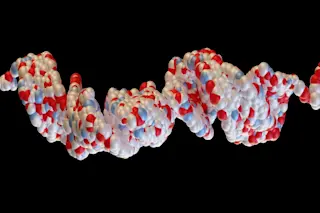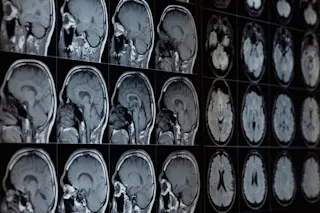Social drinking can sit on the slippery slope to alcoholism. People — and culture — can sometimes intertwine solitary drinkers with addiction. However, alcoholism often starts out when drinking among others, according to a review article in the journal Current Directions in Psychological Science.
“Evidence for the centrality of social motives in problem drinking surround us,” according to the article. “While solitary drinking might serve as a useful early indicator of alcohol use disorder risk […] research suggests that individuals reliably consume more alcohol in social contexts than when alone.”
The common conception of the isolated alcoholic can be problematic in multiple ways. That notion may provide cover to problem drinkers and make it more difficult for them to realize they may need treatment. It can also skew the direction of research — which a survey of the peer-reviewed literature suggests has already happened.
“Within the realm of alcohol use ...














